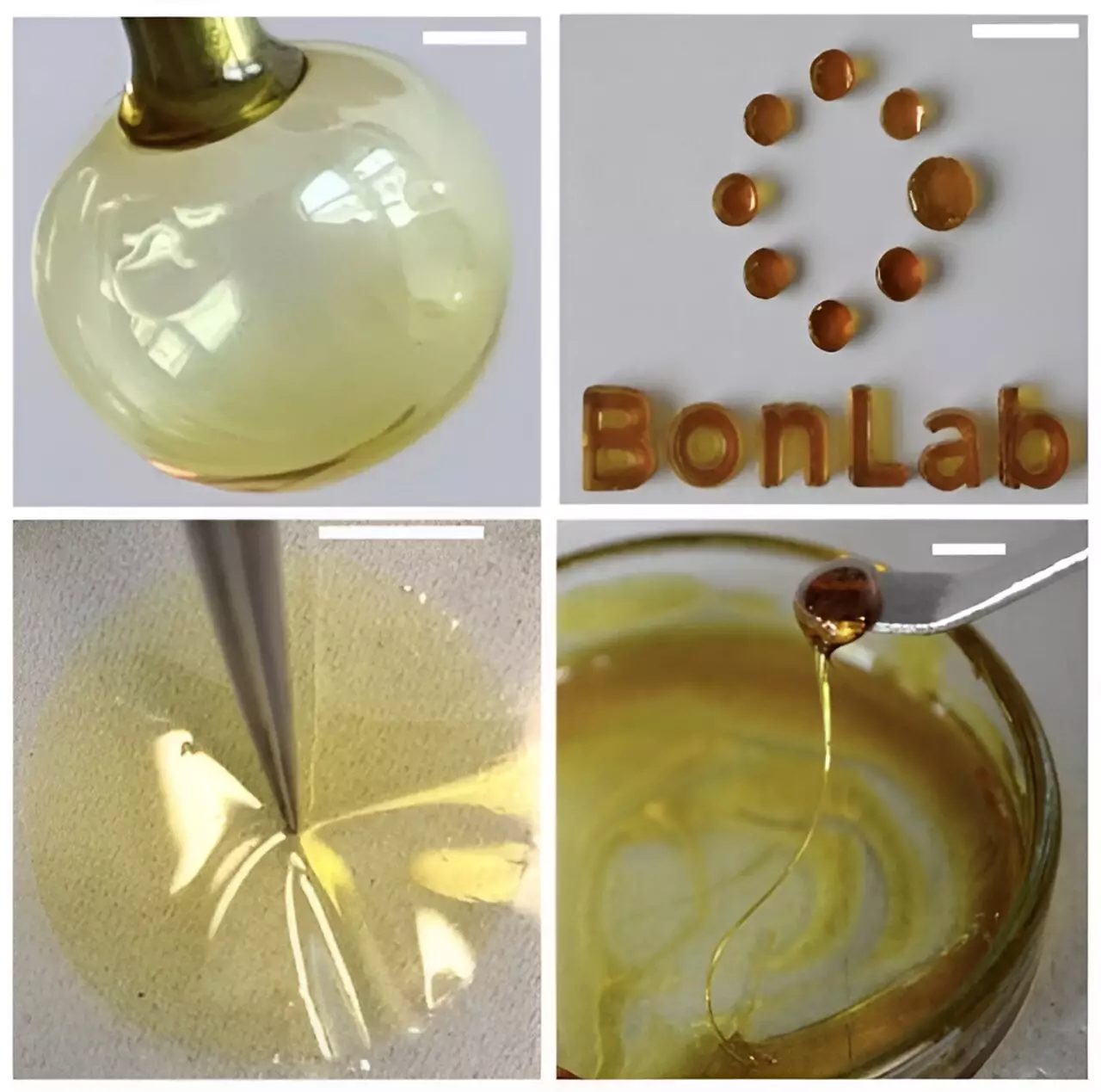The push for eco-friendly alternatives to traditional plastics has gained momentum in recent years due to the increased awareness of environmental issues. A team of researchers at The University of Warwick has made significant progress in developing sustainable alternatives to conventional plastics.
The research team at The University of Warwick has identified organic eutectics as promising candidates for replacing polymers in various products. These mixtures of small organic molecules, created by combining crystalline components, form interesting glasses and viscous liquids that exhibit unique properties. By carefully crafting different eutectic systems, the team has successfully developed hydrophobic molecular liquids and glasses that show great potential in a range of applications.
One of the key challenges in developing sustainable plastic alternatives is ensuring long-term stability. The Warwick researchers addressed this by testing the amorphous materials over an extended period of up to 14 months. Using advanced techniques like powder X-ray diffraction, they confirmed the materials’ resistance to crystallization, ensuring the products maintain their integrity throughout their shelf life.
In addition to stability, the researchers investigated the processability of the materials by examining their rheological properties. They found that the materials exhibited low fragility indices, making them suitable for various manufacturing processes. By blending different eutectic systems or incorporating plasticizers, the properties of the materials could be tailored to specific applications, showcasing their versatility.
Prof. Dr. ir. Stefan Bon, the lead investigator of the research, highlighted the collaborative effort that led to the development of these innovative materials. He acknowledged the contribution of Dr. Joshua Ryan and Prof. Gabriele Sosso in studying and understanding the physical properties and molecular interactions of the eutectic systems. The collaboration resulted in the creation of high-performance materials that have the potential to replace traditional polymers in various applications.
To demonstrate the practical potential of the eutectic materials, the researchers conducted a controlled release study using a specific eutectic system. The study served as a proof of concept, showcasing the versatility of these materials in applications such as drug delivery and beyond. This highlights the real-world applications and impact of the research conducted by the team at The University of Warwick.
The research conducted by The University of Warwick’s team of researchers represents a significant step towards developing sustainable alternatives to traditional plastics. The innovative use of organic eutectics and the careful tailoring of properties for specific applications demonstrate the potential of these materials in reducing the environmental impact of plastic production. Through collaboration, dedication, and cutting-edge research techniques, the team has paved the way for a more sustainable future in manufacturing.


Leave a Reply